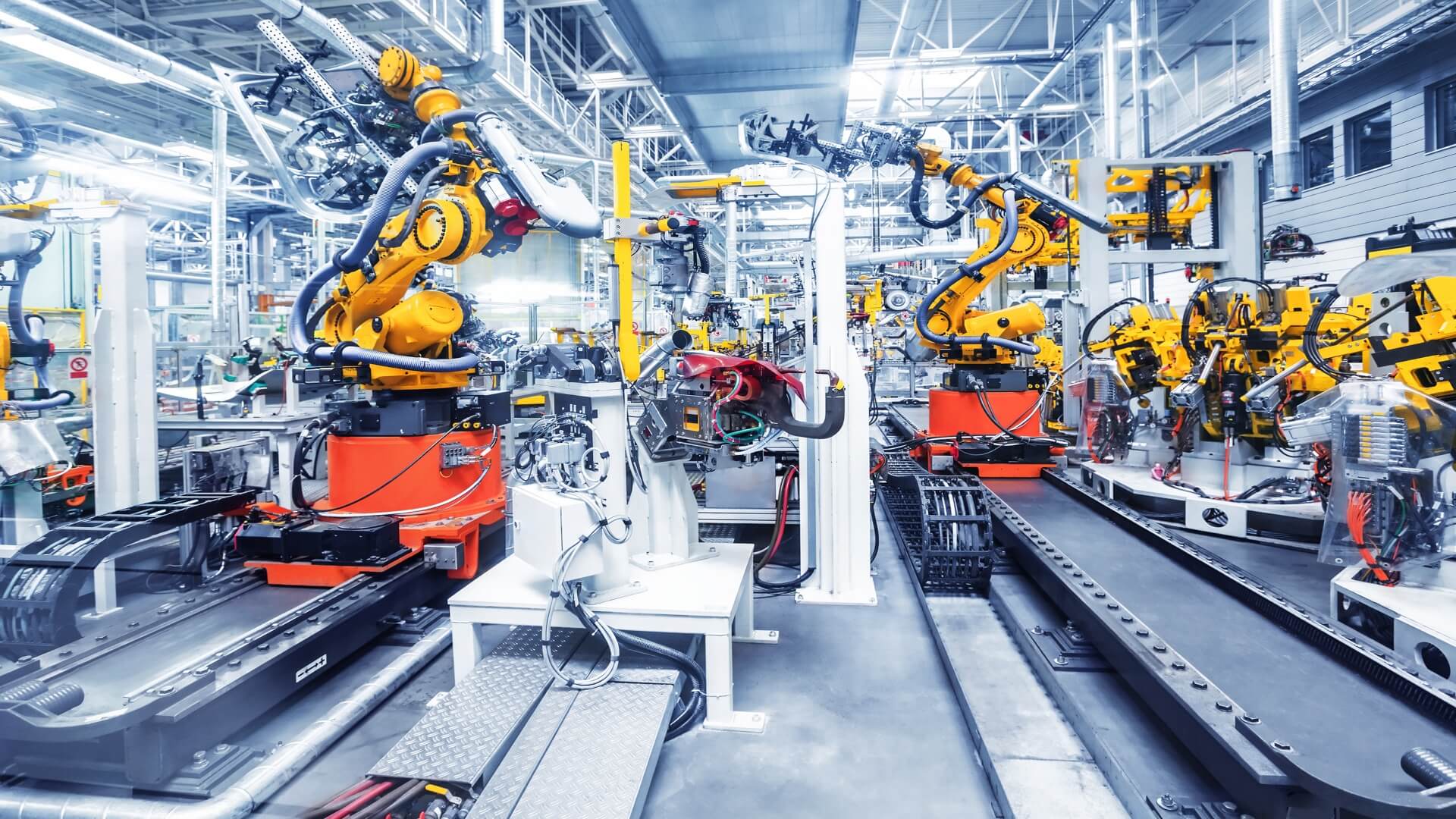The automotive industry is one of those industries where customers’ feedback on quality and services is key to boosting sales. However, to achieve maximum efficiency and maintain favourable revenue, several aspects of the business have to be optimised, including the work environment. So, here’s what you need to operate effectively in the automotive industry.
1. Create a Good Workplace Culture
Work culture is a shared set of beliefs, attitudes, and values that guide an organisation. It reflects how employees treat each other at work and how they deal with clients and customers. The workplace culture also impacts the kind of people you want to attract when hiring new employees. Creating a good workplace culture boosts productivity, increases employee engagement, and lowers turnover.
Work culture can affect various aspects of an automotive business, especially employee experience. It affects workplace engagement, team morale, and job satisfaction. Negative work culture could steer the organisation towards the opposite direction, making it difficult for companies to retain their best employees and achieve organisational goals.
The first step to creating a good workplace culture is to set clear organisational goals, which give your employees a clear picture of what you are trying to achieve. It also encourages collaboration amongst team members and guides individual performance. Promote the organisation’s goals and ensure everyone is aware of them. Another essential component of creating a good work culture is promoting diversity and inclusivity. Work with your HR team in making diversity a significant aspect of your recruitment strategy.
2. Health and Safety Laws and Regulations
Health and safety is essential for any business, but even more so in industries where employees are always at high risk, such as the automotive industry. Whether you’re working with heavy machinery or installing aftermarket parts like lift kits Toyota Tundra models require, ensuring compliance with health and safety regulations is crucial.. Companies that fail to meet the standard regulation on health and safety will have to deal with various consequences, including a hefty penalty. So, its important to ensure that your employees are able to access health and safety training courses in order to remain compliant.
Health and safety in the automotive industry apply to various professions, including mechanics, engineers, auto electricians, and those involved in repairs, manufacturing, and parts. Some of the most common hazards for people working in automotive are slipping, tripping, falling, and getting hit by moving vehicles. Forklift incidents are also a common occurrence.
Companies in the automotive industry must provide health and safety training to employees. With proper training, everyone will know how to keep clear of safety hazards and follow health and safety regulations to create a safe and healthy environment. If employees have proper knowledge of health and safety, they will be more confident with their work and know how to react if a problem arises. The training will guide automotive workers on what to do if danger arises. It arms them with the ability to protect themselves during accidents at work.
3. Make Your Processes Efficient
Automotive companies should work hard to improve their efficiency, and with the continuous improvement of tools, this should be easy. Manufacturers should continue to find ways to deliver products to customers faster and implement quality improvement processes to mitigate issues that can delay the delivery of manufactured parts.
In the automotive industry, a machine downtime of even a few minutes can cost significant money. Therefore, every second counts. The process involved in vehicle manufacturing is very complex and requires many different steps. To ensure the vehicles are of the highest quality possible, manufacturers should adhere to the guidelines set by the International Organization for Standardisation. In most cases, manufacturers will prototype their vehicles and test these to see how they perform in different situations.
To make the process more efficient, vehicle manufacturing plants should implement a system that minimises inventory storage, saving the company money on warehouse costs. Aside from saving on storage costs, the system should help reduce any risk of stockouts while improving overall efficiency across all sectors of the automotive industry.
4. Knowledgeable Employees
Automotive companies should equip their employees with the knowledge to help them perform well in their respective roles. It also helps to hire employees knowledgeable in the field of automotive. When it comes to this, companies can get help from specialist automotive software engineer recruiters in looking for knowledgeable and well-skilled employees.
Product knowledge is essential for employees working in the automotive industry and should be part of staff training, especially those in the sales team. Having a thorough knowledge of the products helps sales staff communicate the value of products more effectively to prospective consumers. It also helps them convey the vehicle’s best features to impress customers and convince them to buy.
Customers will have many questions before buying a vehicle and rely on the staff to give accurate answers. Employees who have in-depth knowledge of what the company can offer can provide a detailed explanation to whatever question the customer throws their way. Product training can also help motivate employees and boost their morale. Employees who know what they offer will be more confident in carrying out their tasks.
5. Keep up With Trends
The automotive industry is one of the world’s largest sectors, with a supply chain involving different facets, from manufacturing to engineering, semiconductors, and more. While it’s stable in the past ten years, several trends continue to affect how vehicles are driven, powered, and acquired. Companies in the automotive business must be aware of these trends if they want to keep up with the competition.
Arguably, the most significant trend in the automotive industry is the shift towards using electric vehicles. It’s estimated that electronic vehicles make up more than five per cent of all vehicle sales in the past few years, with Europe and China leading the way. In three years, more than ten per cent of all vehicles will be electric powered. Car manufacturers moving into the EV sector are breaking new ground in the most sustainable way possible. The manufacturing processes and an entirely new supply chain are some of the trends that the automotive industry has to understand and embrace.
The shift into electric vehicles is a crucial time for the industry, and the elements that make up their supply chain must be reputable and trustworthy since failing at this can damage the reputation of electric vehicles.

























